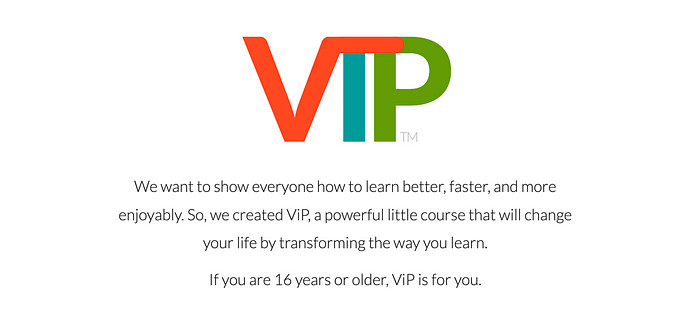
VCoL in action: Mastery vs. virtuosity
Right after my dissertation was accepted, one of my professors, the delightful and brilliant psychometrician, Paul Holland, invited me to lunch to “discuss something important.” Later that day, intrigued—and a little nervous—I picked at an avocado salad while we chatted about recent events in the Graduate School of Education. It wasn’t until he had asked the waiter to bring our check that he finally got to the point.
“I have one piece of important advice that I’d like to offer you at this point in your career,” he said with exaggerated seriousness. “Be careful how you name things.”
Amused and bewildered, I thanked Paul for the advice and we walked companionably back to Tolman Hall.
Within the year, I began naming things. Developmental maieutics, the Lectical Assessment System, Developmental Testing Service, DiscoTest, Lectica, the Virtuous Cycle of Learning, and the Lectical Dictionary were all named with Paul Holland’s advice echoing in my mind.
Little did Paul know that the next 20 years of my life would be focused on words and their meanings, or that I would so frequently refer to his advice. Over the years, I’ve extended Paul’s advice beyond “naming things.” I now hear his voice every time we select any terminology used to explain learning and development.
Our distinction between mastery and virtuosity is a case in point. Over the last 5 years or so, we have stopped using the term mastery when we talk about learning and replaced it with the term virtuosity. The meaning we have attached to virtuosity is, “an increase in skill with no pre-defined destination.” It is used in sentences like, “To build perspective-seeking virtuosity, practice this micro-VCoL each time you notice…”
We stopped using the term mastery, because many people we worked with saw mastery as a destination—a place to stop learning. We think this way of thinking about mastery may have started in the education world when a concept called mastery learning from the progressive 1970’s (Benjamin Bloom, Bloom’s taxonomy) met high-stakes testing in the 1990s. Since the onset of high stakes testing, mastery gradually has become associated with “getting all the answers right” on a test — an arrival at perfect correctness.
We realized that when we used the term mastery, educators and (people who have attended school during the high-stakes testing movement tended to automatically think we meant a specific destination. We needed to either change people’s definitions or start fresh, with a new term. This was when we decided to adopt the term “virtuosity” to signify that building skill is a journey rather than a destination.
We chose this term for a few reasons. First, it wasn’t commonly used outside of the arts. Second, it’s root—virtue—was already associated with growth through the term, virtuous cycle, which means “iterative positive feedback loop.” Ultimately, the fact that our learning model is called the Virtuous Cycle of Learning pretty much sealed the deal.
Some people might find our distinction between mastery and virtuosity a bit precious, but adopting the term virtuosity has made it much easier for us to help people understand what VCoLing is all about. I think that’s justification enough.
Thanks again, Paul!

